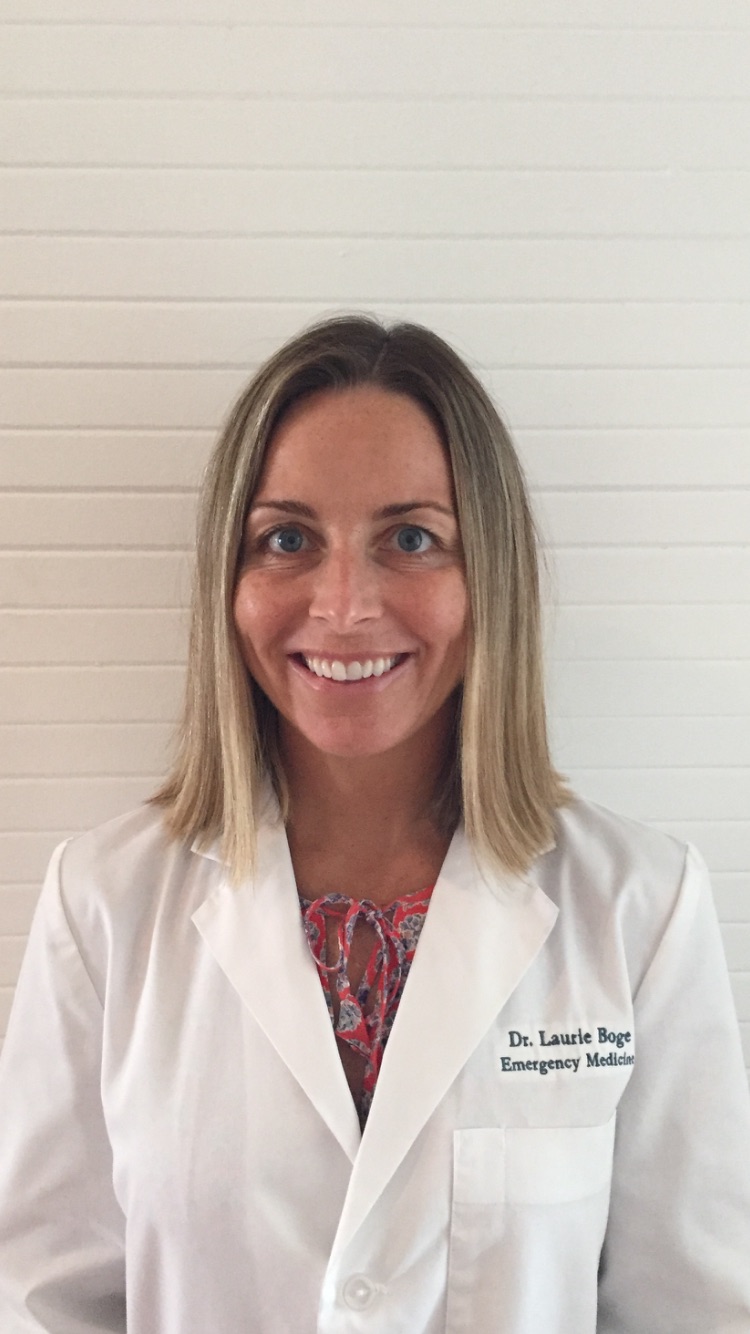
COURSE CREDITS & HOURS
14 AMA PRA Category 1 Credits™14 ACPE Credits
14.0 Contact Hours
4 Hours of Pharmacology for NPs
COURSE FEES
TARGET AUDIENCE
PROGRAM PURPOSE
- Stroke Update
- Identify large vessel occlusion strokes and outline pre-hospital care and emergency care for optimal patient outcome.
- Low Risk Chest Pain Patients
- Define the HEART Score and HEART Pathway and which patients can go home for outpatient workup.
- Subarachnoid Hemorrhage Update
- Are CT scans good enough to rule out SAH or do we still need to LP?
- What about CTA instead?
- What is a traumatic LP?
- How can we tell if traumatic SAH or spontaneous SAH from CT findings?
- Who needs seizure prophylaxis?
- Outline best workup and treatment for these patients.
- The Febrile Infant
- Boston, Rochester, Philadelphia or Step by Step?
- Describe how best to workup the febrile infant.
- Royal Pain in the Back
- Back pain patients can be high risk if they have certain red flags. We will cover those red flags to make sure you have a structured approach to evaluate these patients.
- Wilderness Medicine
- Manage patients outside of our normal environments.
- Learn to expand the our brain box!
- Disaster Medicine
- Unfortunately in our world it is a matter of when, not if.
- Everyone must be prepared for mass casualty events. Describe steps to manage these situations.
- Ophthalmology for Non-Ophthalmologist
- Compile eye complaints and recognize who needs to see ophthalmologist now.
- Drowning Update-NOT USING THIS ONE
- Define new terminology and treatment for the drowning patient.
- Osteoporosis
- Evaluate screening recommendations and apply them to everyday practice
- Utilize therapies that include bisphosphonates, PTH and inhibitors of the RANK/RANKL/OPG system
- Review the current controversies and clinical studies regarding Vitamin D
- Better advise patients on calcium supplementation
- MCI and Alzheimer's Disease
- Define Mild Cognitive Impairment in both amnestic and non-amnestic disease states
- Understand the potential implications of early diagnosis of dementia for patient care outcomes
- Describe the clinical manifestations of Alzheimer's disease
- Evaluate patients for symptoms of cognitive and functional loss
- Apply appropriate drug and non-drug interventions for patients with dementia
- Counsel families and caregivers at all stages of disease
- To Sleep: Perchance to Dream
- Describe the age-related changes in sleep
- Evaluate the psychiatric, medical, and neurological causes of sleep problems
- Implement office-based and objective methods for evaluating sleep disordered breathing
- Intervene with appropriate treatments for complaints of insomnia including CBTI as first line guideline directed care.
- Management of Constipation
- Understand the common barriers that hinder the optimal management of chronic constipation in health care settings
- Define primary as well as secondary causes of hypertension in the older adult
- Provide a rational strategy to manage constipation based on current best evidence of the drug classes currently available
- Where Pain Management Meets Addiction Medicine
- Understand the pathogenesis of pain
- Apply recent guidelines in pain management including calculations for Morphine Milligram Equivalent Units
- Choose appropriate drug therapy and multimodal interventions for the relief of pain
- Consider the metabolic breakdown of different narcotics and their contribution to serotonin syndrome
- Employ newer tools to determine the potential for opioid dependence
- Pulmonary Disease in the Elderly
- Evaluate current trends in pulmonary disease in the elderly
- Review current immunization guidelines and supportive therapy
- Include new therapies like LAMA/LABA combination inhalers and roflumilast in the management of COPD
- Implement the appropriate use of nebulizers, MDIs and oxygen
- Apply guideline directed care to patients with COPD
- Nutritional Supplements: When East meets West
- Understand that adequate nutrition is a prerequisite for the maintenance of good health and optimum efficiency
- Find the on-line resources that provide the best evidence in support of dietary and nutritional supplements
- Identify targeted supplements for heart disease, vision, depression/mood, and urologic disorders
- Council patients on the risks of certain therapies in the presence of other disease
- Improve your working knowledge of the Mediterranean diet

























